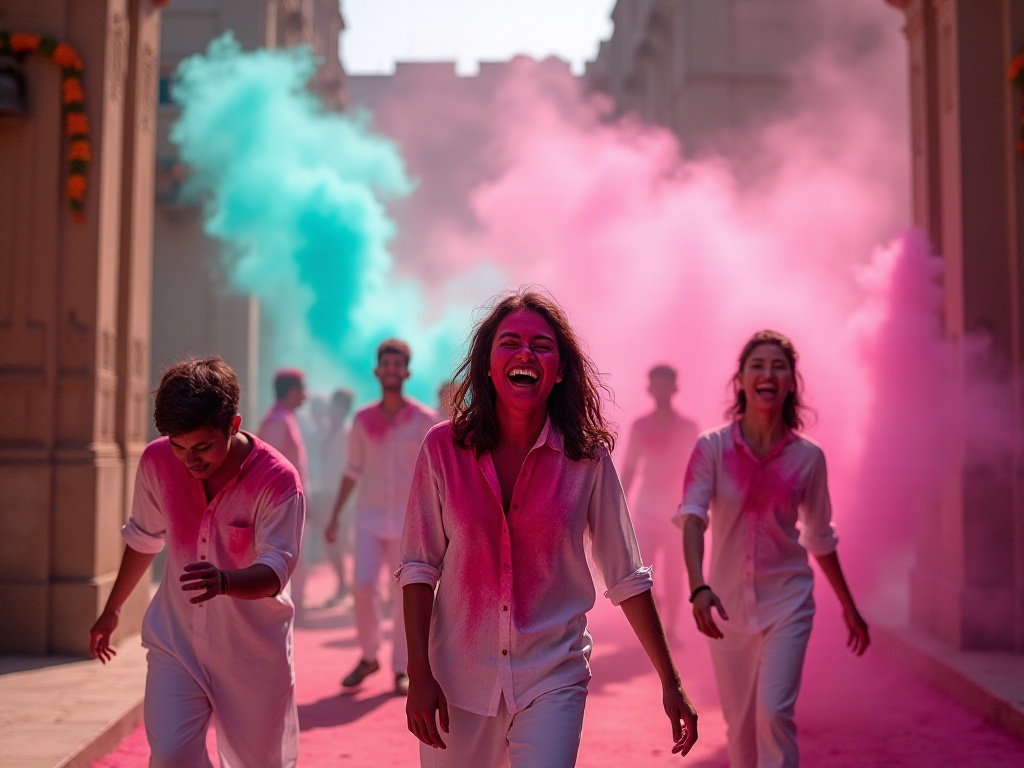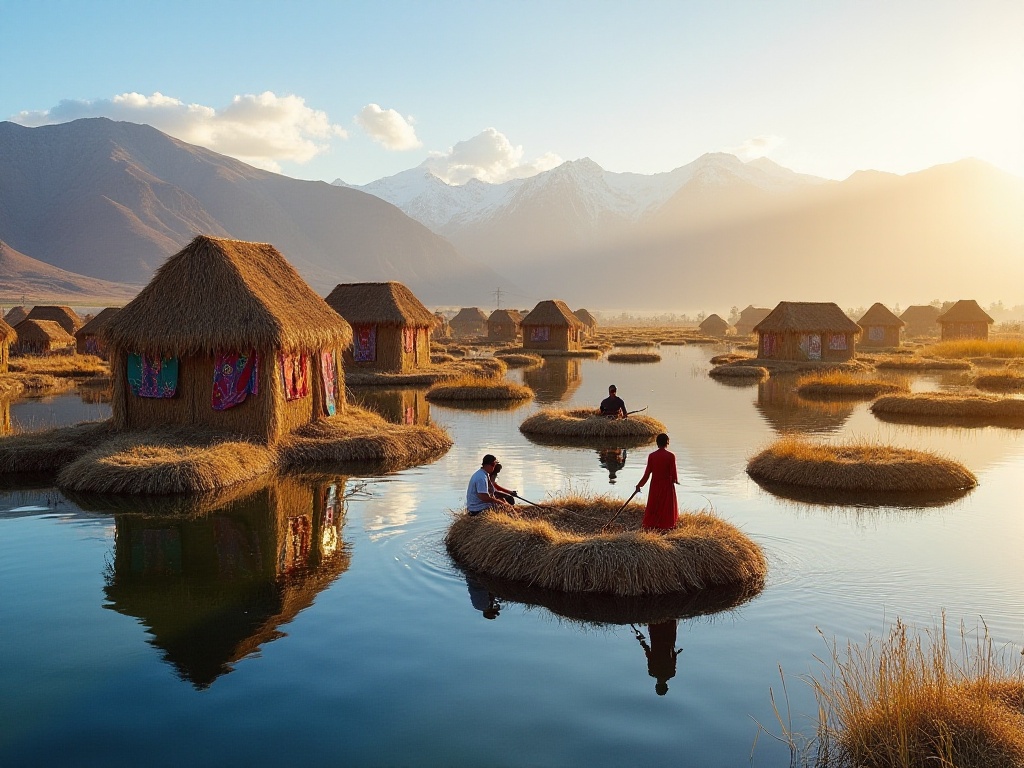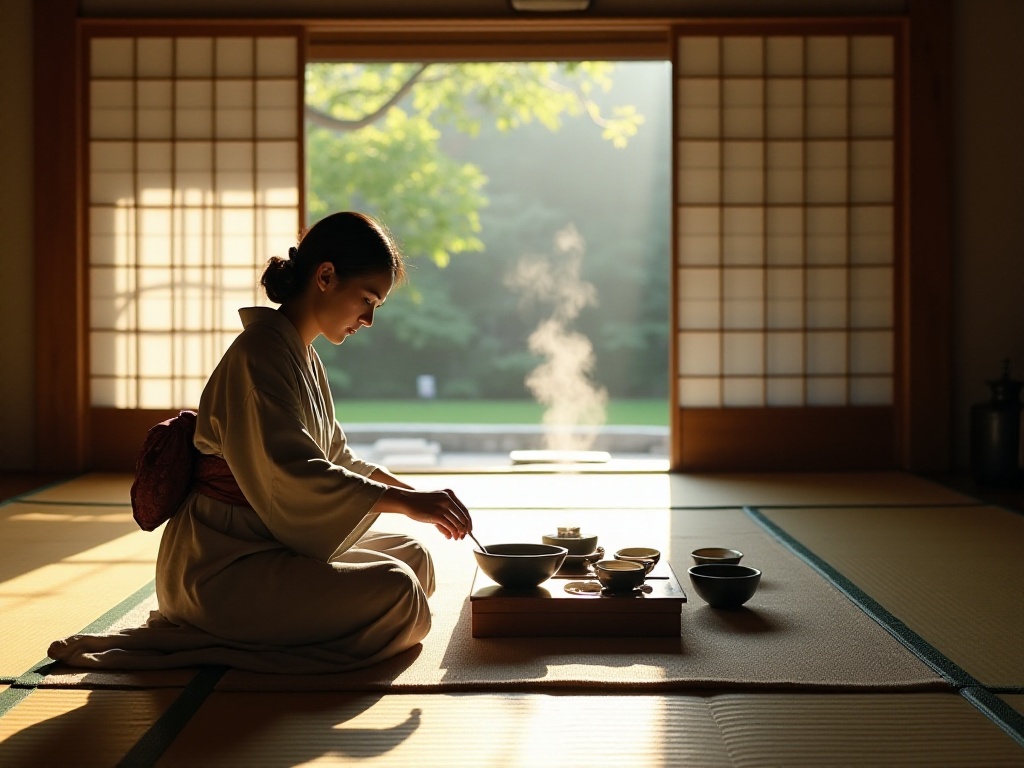Opening Thoughts
Every time I pack my bags to depart, I'm reminded of the old saying: "Travel isn't about how far you go, but what you see." Indeed, true travel has never been about simply checking off destinations and taking photos. I remember my first trip to Paris - friends all said I had to rush to the Eiffel Tower first thing. Instead, I chose a quiet side street and pushed open the wooden door of a century-old shop. At 5 AM, the bakery was already filled with the aroma of butter. I saw an elderly gentleman wearing a beret, carrying a cloth bag specially made for bread; an elderly lady in a vintage floral dress, eagerly discussing with the shopkeeper whether today's croissants were crispy enough. These details let me experience the most authentic Parisian life.
In London, I didn't just visit the British Museum but loved spending time in the East End markets. There, vendors with thick London accents hawked fresh fruits and vegetables. On weekend mornings, I would go to the Notting Hill flea market, examining various antiques while listening to shopkeepers tell stories behind each item. These experiences taught me that true cultural immersion lies in these everyday moments.
What is Cultural Experience
Many people think cultural experiences are about visiting museums or watching performances. But in my view, this is just the tip of the iceberg. True cultural experience should be a full sensory experience, about feeling the rhythm of a place with your heart.
In Venice, I didn't just take photos at St. Mark's Square. At 5 AM, I followed locals to the fish market to watch fishermen unload their fresh catch. I met an elderly shopkeeper who would tell me stories about Venice's past every day. He told me how Venetians lived with the tides and how they used unique architectural wisdom to coexist with the sea. These stories gave me a deeper understanding of Venice.
In Kyoto, I stayed in an old neighborhood. Every morning I could hear temple bells and see elderly ladies in kimonos sweeping the paths in front of their doors. I experienced local bathhouses, learning Japanese bathing etiquette. In the evenings, I would join neighbors at izakayas, listening to them describe Kyoto's seasonal changes. These daily life moments are the most authentic cultural experiences.
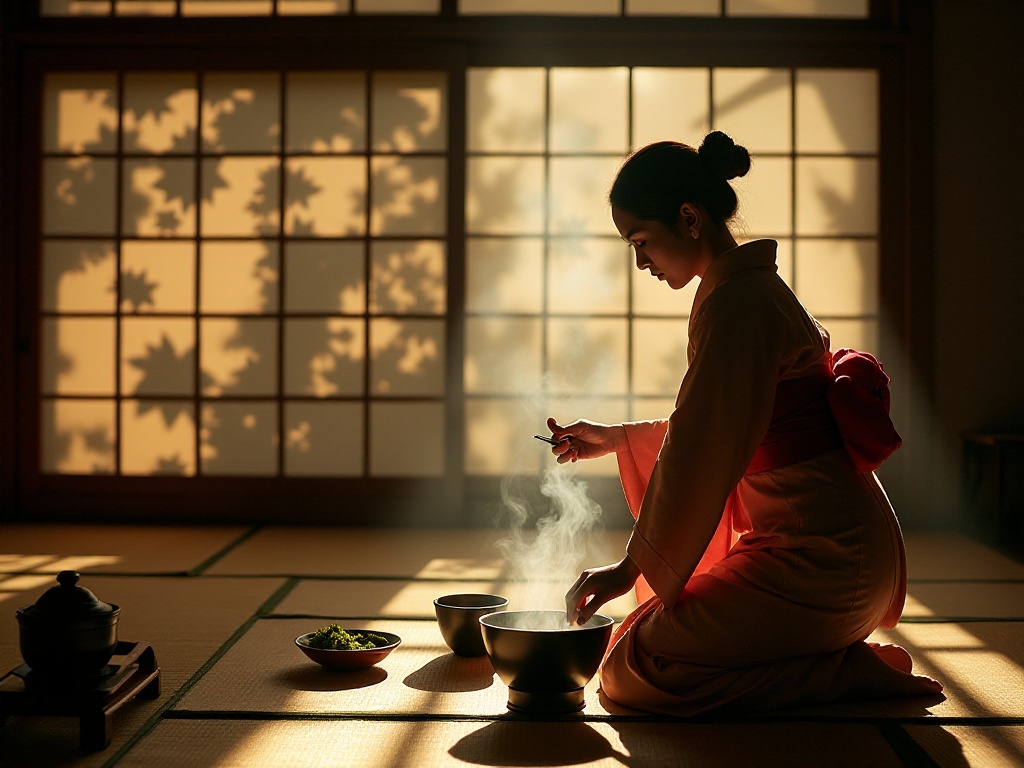
The Meaning of Experience
Deep cultural experiences aren't just about gaining unique travel memories; more importantly, they expand our horizons and change how we see the world. According to Worldpackers' latest research in September 2024, over 85% of travelers who chose deep cultural experiences reported that this style of travel completely transformed their worldview.
While taking tea ceremony classes in Japan, I met a highly respected teacher. She said, "Tea ceremony seems like learning to make tea, but it's actually about learning to focus on the present moment and finding inner peace amid complex etiquette." This helped me understand that cultural experiences aren't just about learning surface-level skills, but about reflecting on life attitudes.
In Varanasi, India, I met yoga practitioners from around the world. We practiced together by the Ganges at dawn, discussing the meaning of life. A local yoga master told me, "Yoga isn't about striking poses, but finding balance between body and mind." These experiences gave me deeper reflections on life.
Traditional Cultural Experiences
In Istanbul, Turkey, I was fortunate to watch the Sufi whirling dance. In an ancient mosque, white-robed dancers slowly spun to the music, their movements graceful and solemn. A local guide told me this dance originated from 13th-century mystical traditions, as a way to seek spiritual connection with Allah. Over 500,000 tourists come specifically to watch this unique religious ritual each year.
In Siem Reap, Cambodia, I participated in a traditional Buddhist blessing ceremony. In the morning, I came to an ancient temple and knelt alongside local worshippers. Monks chanted in Pali and blessed us with holy water. This ritual isn't just a performance but an important part of Cambodian spiritual life. 2024 data shows that over 30% of tourists choose to participate in such traditional ceremonies.
In Bhutan, I attended a traditional festival celebration. People wore colorful traditional costumes and fierce masks while performing ancient dances. A local elder told me these dances have hundreds of years of history, with each movement carrying special meaning. Through these celebrations, Bhutanese people pass down their cultural traditions from generation to generation.
Lifestyle Exploration
In Japan, I specifically chose a traditional inn. Everything here follows ancient rules: removing shoes at the entrance, sleeping on tatami mats, and following specific times and etiquette for bathing. Every morning, the okami-san would wear a kimono and prepare elaborate Japanese breakfast for guests. From plating to ingredient selection, everything reflected Japanese attention to detail.
In Tuscany, Italy, I stayed at a farmhouse. Every morning, I could smell freshly baked bread. The farm owners taught us how to make traditional pasta and tiramisu. In the evenings, everyone gathered around a long table, tasting wine made from their own grapes while chatting and laughing. This lifestyle gave me a deep understanding of Italian life philosophy.
In Fez, Morocco, I stayed in a traditional courtyard house. In the morning, I would be awakened by the call to prayer. The elderly landlady taught me how to brew mint tea, telling me tea should be poured three times to let the leaves fully unfurl. In the evening, I would watch the sunset from the terrace, listening to distant prayer calls, feeling the rhythm of this ancient city.
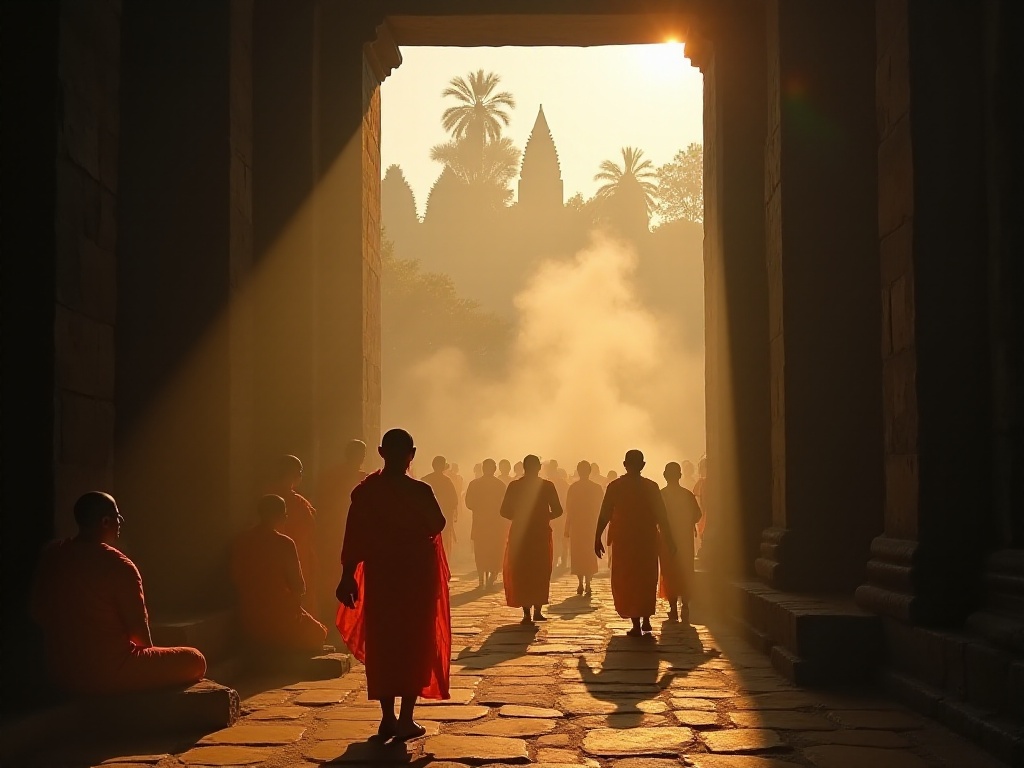
Skill-Learning Journeys
In Chiang Mai, Thailand, I joined a cooking course. Every morning, the teacher took us to local markets to buy ingredients. I learned to identify various spices and understood that the essence of Thai cuisine lies in balancing sour, sweet, bitter, and spicy flavors. While making curry paste, the teacher told us each family has their own recipe, often passed down through generations.
In Seoul, Korea, I learned kimchi-making from an elderly master. From selecting cabbage to fermentation, every step was precise. The master said kimchi isn't just a dish but a Korean way of life. During the fermentation process, we discussed many aspects of Korean food culture.
In Delhi, India, I joined an Indian dance course. The teacher not only taught dance moves but explained the meaning of each hand gesture. These gestures come from ancient legends, and through dance, Indians pass down their cultural stories through generations.
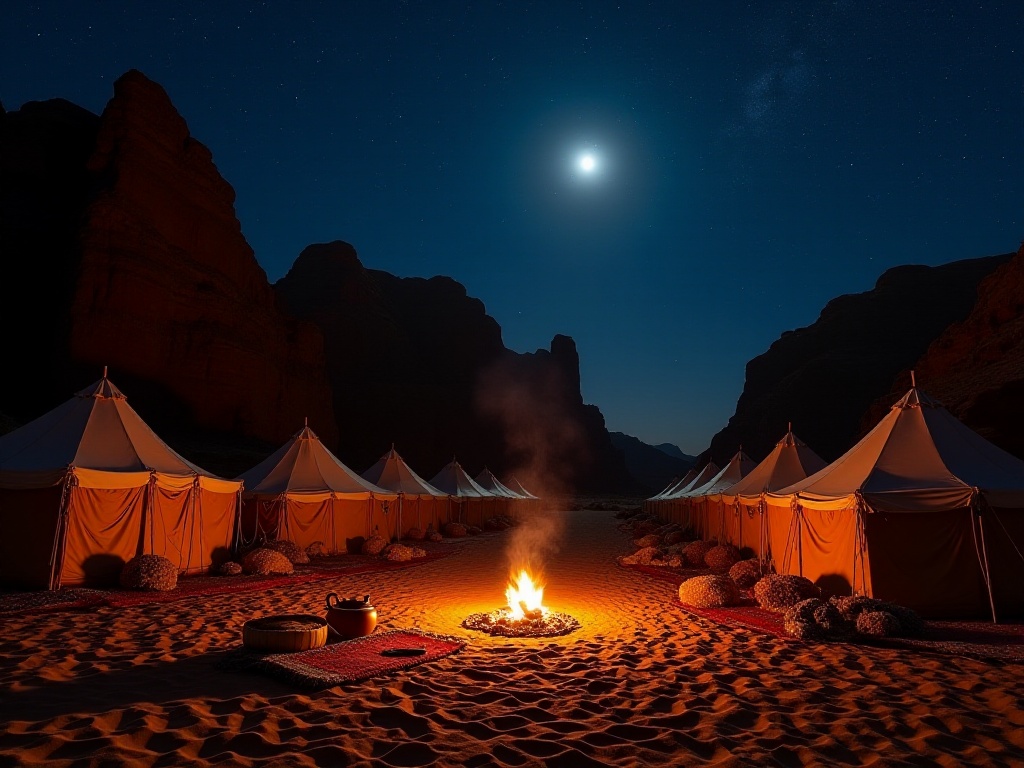
Festival Participation
In Oaxaca, Mexico, I participated in the Day of the Dead festivities. The entire city was decorated with marigolds, and streets were filled with altars. People wore skull makeup, but the atmosphere wasn't scary at all. This is a festival to commemorate the deceased and celebrate life. Locals told me they believe their departed loved ones return to reunite with family on this day.
During Holi in India, I joined locals throwing colored powder in the streets. Colorful powder danced in the air, and everyone laughed like children. This festival breaks down all social barriers, allowing everyone to fully enjoy the moment.
At the Running of the Bulls in Spain, I felt the purest passion. Although I didn't participate in the bull run, just watching from a balcony was enough to feel the heart-stirring atmosphere. The street parties at night continued until dawn, with people singing and dancing, celebrating the vitality of life.
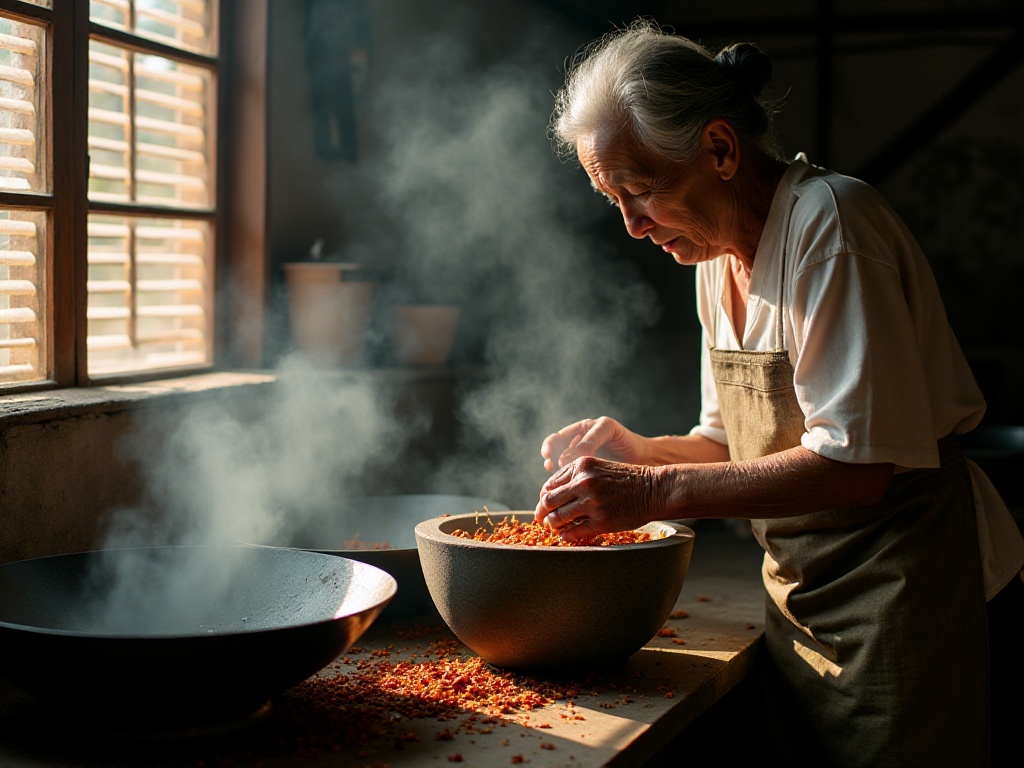
Labor Experience Gains
In Tuscan vineyards in Italy, I participated in grape harvesting. Morning sunlight fell on the grapevines, with the air filled with sweet fruit fragrance. Farmers taught me how to judge grape ripeness and how to carefully harvest them. During lunch, we tasted wine made from our own grapes while sharing stories about grape cultivation.
In Japanese rice fields, I experienced rice planting. Working bent over in paddy fields wasn't easy, but it helped me better understand Japanese reverence for rice. Farmers told me that growing rice isn't just about harvesting food but a way of passing down culture.
On New Zealand farms, I participated in sheep shearing. Shepherds taught me how to calm sheep and use shears accurately. This labor experience gave me deep insight into New Zealand's agricultural culture.
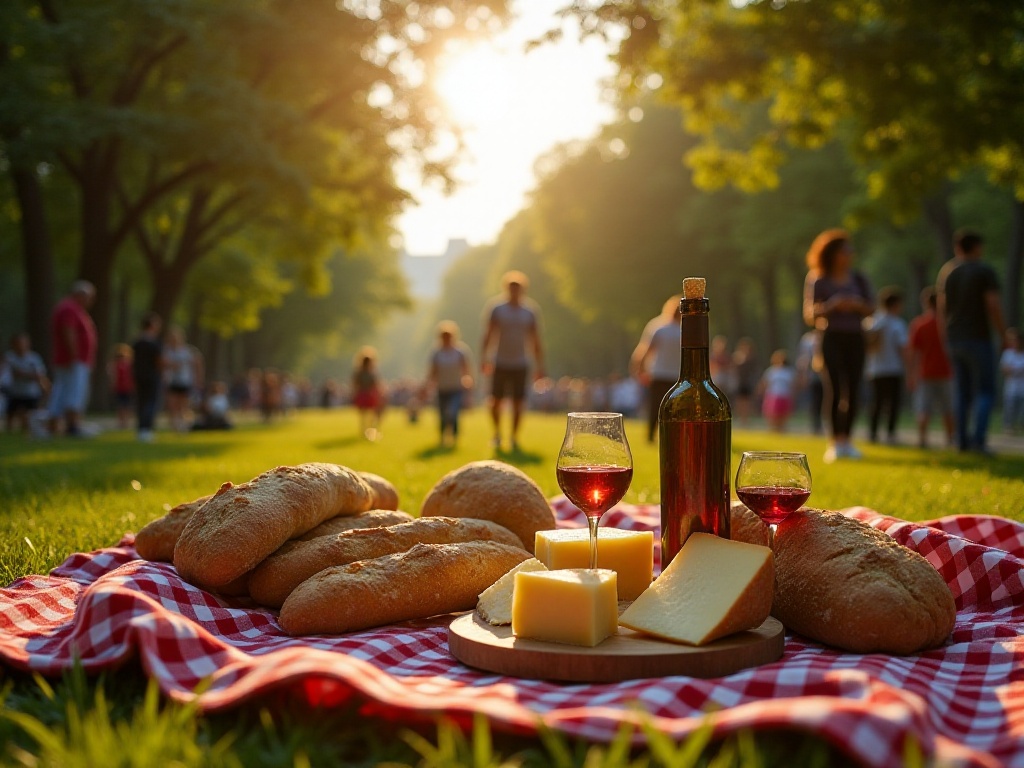
Ways of Cultural Exchange
In Peru, I lived with a local family for a week. Every morning, I went to the market with the housewife. She taught me to identify various local specialties and how to select the freshest ingredients. In the evenings, the whole family would gather, drinking mate tea while chatting. This lifestyle helped me truly understand the life of Andean people.
In Morocco, I attended a family dinner. The hosts taught me the correct way to eat with hands and explained the order of eating Moroccan dishes. During the meal, we discussed Islamic culture and talked about family and traditions.
In Vietnam, I learned Vietnamese with a teacher. She not only taught me the language but took me to her favorite street food stalls. Through this deep exchange, I learned much cultural knowledge that can't be found in textbooks.
Concluding Thoughts
The essence of cultural experience lies in feeling with your heart, setting aside prejudices, and embracing different lifestyles with an open mind. Each deep cultural experience is a spiritual journey. It shows us the world's diversity and gives us new perspectives on our own culture.
On your next trip, try slowing down and give yourself more time to experience local culture. Whether it's a morning market or a home-cooked meal, these ordinary moments often provide the most profound experiences. Travel isn't about how many places you've been, but what we gain and how we change. Let's explore this colorful world with curiosity and an open attitude.




